Benefits of Choosing a Battery with Higher Amp Hours
When planning an energy storage system for your RV, solar array, off-grid home, or even a small electronics project, choosing the right battery is crucial. One of the most important considerations is the amp-hour (Ah) rating. This article explores the benefits of choosing a battery with higher amp hours, providing a deep dive into how these batteries work, why they're beneficial, and in which scenarios they truly shine.
- Why Battery Capacity Matters in Real Life
- Battery Life Benefits with Higher Amp Hours
- Battery Efficiency and Load Management
- Battery Charging Flexibility
- Battery Weight vs. Power Trade-Off
- Battery Maintenance Advantages
- Applications Where a Higher Ah Battery Is a Game Changer
- Choosing the Right High Ah Battery for Your Needs
- Pros and Cons of High Amp Hour Batteries
- Real-World User Feedback on High Ah Batteries
- Battery Installation and Safety Tips
- Future Trends in High Ah Battery Design
- Final Thoughts on Choosing a Battery with Higher Amp Hours
In the first 100 words alone, it's clear that understanding battery capacity goes beyond just numbers—it’s about longevity, efficiency, and making smart power decisions. By the end of this article, you’ll know exactly why a high Ah battery could be the best investment you make in your energy setup.
>>See also How Long Can You Expect an Electric Skateboard to Last
Why Battery Capacity Matters in Real Life
What Is Amp Hour Rating?
The amp-hour (Ah) rating tells you how much electric charge a battery can deliver over time. For instance, a 100Ah battery can theoretically deliver 1 amp for 100 hours or 10 amps for 10 hours. The larger the amp-hour value, the longer the battery can supply power before needing a recharge.
Capacity vs. Power: A Common Confusion
It’s important to distinguish between battery capacity (Ah) and power output (watts or kilowatts). Capacity tells you how long energy is available, while power tells you how fast it can be used. A higher Ah battery provides more runtime, which is vital in applications like off-grid living or mobile setups where charging might not be readily available.
Battery Life Benefits with Higher Amp Hours
Longer Runtime
One of the most obvious advantages of a high Ah battery is longer runtime. This is especially valuable in applications where recharging isn’t always convenient.
Camping Trips: More power for lights, fridges, and electronics.
Emergency Backups: Keep medical devices and communication tools running longer.
Off-Grid Homes: Smooth out gaps in solar or wind production.
Reduced Depth of Discharge
Using a higher-capacity battery means you draw less percentage of the total available charge per cycle, increasing the number of cycles and prolonging battery life.
Example:
Drawing 50Ah from a 100Ah battery = 50% DoD
Drawing 50Ah from a 200Ah battery = 25% DoD
Since lithium batteries especially benefit from shallow discharges, this can double or even triple battery lifespan.
Battery Efficiency and Load Management
Lower Voltage Drop Under Load
Larger capacity batteries experience lower voltage drops when under load. This is crucial for sensitive equipment that requires a stable voltage. In high-load situations like running an inverter or compressor, higher Ah batteries maintain better performance.
Better Parallel Configurations
Need more power but are stuck with 12V or 24V systems? Higher Ah batteries mean you can achieve the same storage capacity with fewer units in parallel. This reduces complexity, wiring issues, and potential balancing problems.
Battery Charging Flexibility
More Time Between Charges
In mobile or remote setups, charging time may be limited by available sun (solar panels) or generator run time. A high Ah battery stores more energy between charges, giving you more autonomy and flexibility.
Supports Larger Solar Arrays
Higher Ah batteries can accept more input during the day, making them a better match for large solar systems. With enough solar production, you can refill your large-capacity battery bank quickly and fully.
Battery Weight vs. Power Trade-Off
When Size and Weight Are Justified
Higher Ah batteries are often heavier, especially in lead-acid formats. However, in stationary setups (like cabins or home energy storage), that weight isn’t a concern. In fact, it often means better energy density and less frequent replacements.
Lithium Changes the Game
Modern lithium-ion batteries offer high Ah capacities with significantly reduced weight compared to lead-acid. For example, a 100Ah lithium battery might weigh just 25 lbs, while its lead-acid counterpart exceeds 60 lbs.
Battery Maintenance Advantages
Fewer Units to Maintain
One 300Ah battery is far easier to manage than three 100Ah batteries in parallel. Fewer connections mean fewer failure points, simpler monitoring, and faster troubleshooting.
Reduced Balancing Concerns
Battery balancing is easier when you deal with fewer cells. High-capacity single-unit batteries minimize the risks associated with uneven charge/discharge cycles in multi-battery setups.
Applications Where a Higher Ah Battery Is a Game Changer
RV and Camper Vans
Van lifers often rely on limited space and sunlight. A single high Ah battery gives longer run times without taking up multiple compartments.
Off-Grid Cabins
Running a fridge, water pump, and lights overnight? A larger battery means peace of mind during cloudy days or unexpected outages.
Marine and Boating
In boating, reliability is everything. A larger Ah battery ensures you don’t get stranded with dead electronics, bilge pumps, or navigation systems.
Emergency Backup Systems
From home UPS setups to mobile disaster relief kits, higher Ah batteries extend the time mission-critical devices remain operational when the grid goes down.
Choosing the Right High Ah Battery for Your Needs
Key Considerations
Voltage Compatibility: Make sure the battery matches your system’s voltage (12V, 24V, or 48V).
Battery Chemistry: Lithium (LiFePO4) is ideal for high-Ah needs due to safety, weight, and cycle life.
Charge/Discharge Ratings: Check if the battery can handle your load continuously.
Budget vs. Lifetime Value: Larger Ah batteries may cost more upfront but often have longer life spans and better ROI.
Recommended Ah Ranges
|
Application |
Recommended Battery Size |
|
Smartphones & Gadgets |
< 10Ah |
|
Camping Systems |
50–100Ah |
|
RVs |
100–300Ah |
|
Off-Grid Homes |
200–1000Ah |
Pros and Cons of High Amp Hour Batteries
Pros
Longer run time
Fewer batteries needed
Reduced depth of discharge
Better efficiency under load
Easier system management
Cons
Higher upfront cost
Increased weight (especially in lead-acid)
Longer full charge times (unless using fast-charging)
Real-World User Feedback on High Ah Batteries
Many users in forums and review platforms share positive experiences with higher Ah battery setups:
“I switched from four 100Ah AGM batteries to two 200Ah lithium batteries. Same capacity, half the weight, double the run time!”
“Our off-grid cabin finally feels reliable with a 600Ah battery bank. Even on cloudy days, we’re good for 2-3 days without sunlight.”
Battery Installation and Safety Tips
Use Quality Cabling and Fuses
Higher Ah batteries can output large currents. Make sure cables are sized appropriately, and include fuses or circuit breakers to prevent damage.
Temperature Monitoring
Batteries with high capacity tend to heat up more during charging/discharging. Ensure adequate ventilation and consider battery management systems (BMS).
Store in a Safe Environment
Avoid moisture, direct sunlight, and extreme cold or heat. Proper installation can extend the life of even the largest battery.
>>See also Why AA and AAA Batteries Share the Same Voltage
Future Trends in High Ah Battery Design
Smart Battery Integration
Future batteries will include built-in Bluetooth, BMS, and cloud monitoring, giving users more control over energy usage and diagnostics.
Modular Expandability
Modular high Ah batteries allow users to increase capacity over time without replacing the entire system.
Solid-State Innovation
Solid-state battery tech may one day deliver even higher Ah ratings in smaller, lighter, safer packages—redefining what's possible in portable energy.
Final Thoughts on Choosing a Battery with Higher Amp Hours
Selecting a battery with higher amp hours offers numerous benefits across a wide range of use cases—from greater energy autonomy and longer lifespan to reduced maintenance and improved system efficiency. As energy storage continues to evolve, investing in high-capacity batteries can provide both peace of mind and excellent value. Whether you're powering an RV, securing an off-grid property, or building a sustainable solar system, choosing the right battery matters.
In the final 100 words, it’s worth repeating that the decision to go with a higher Ah battery is one of the smartest choices for anyone serious about reliable, long-term energy storage. The upfront cost is offset by long-term performance, peace of mind, and fewer headaches down the road.



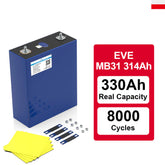
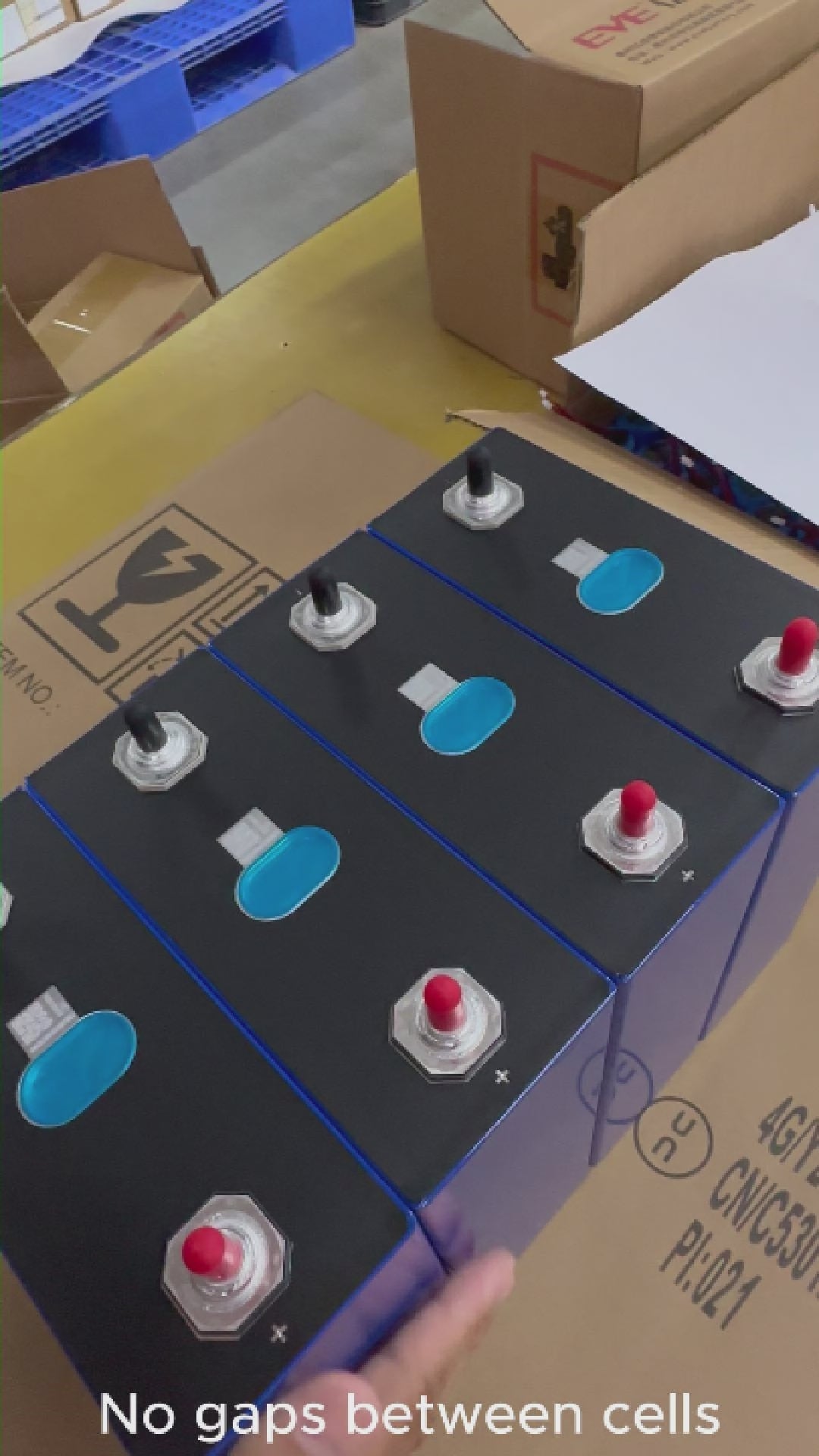
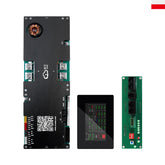

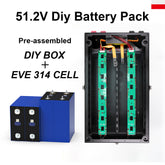











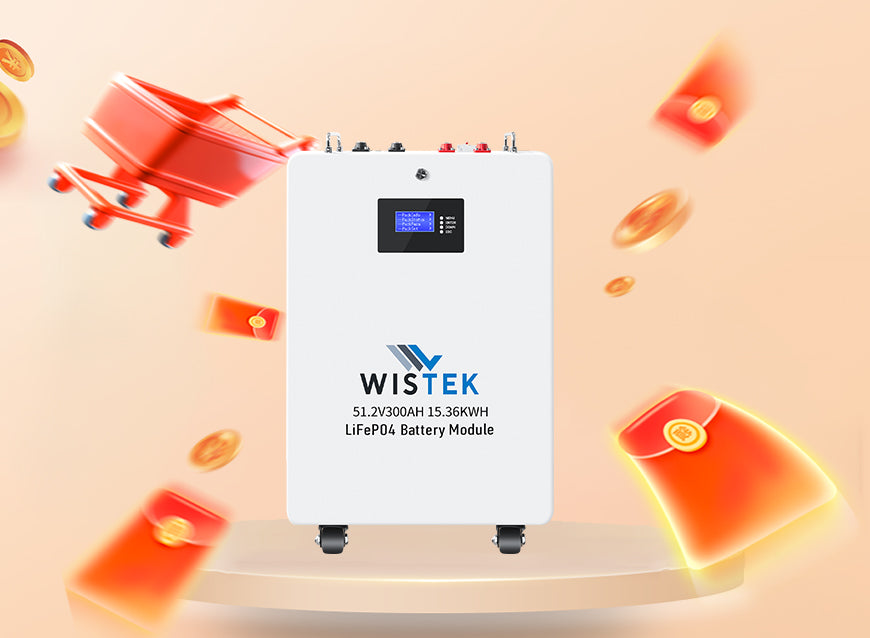





Leave a comment
All blog comments are checked prior to publishing